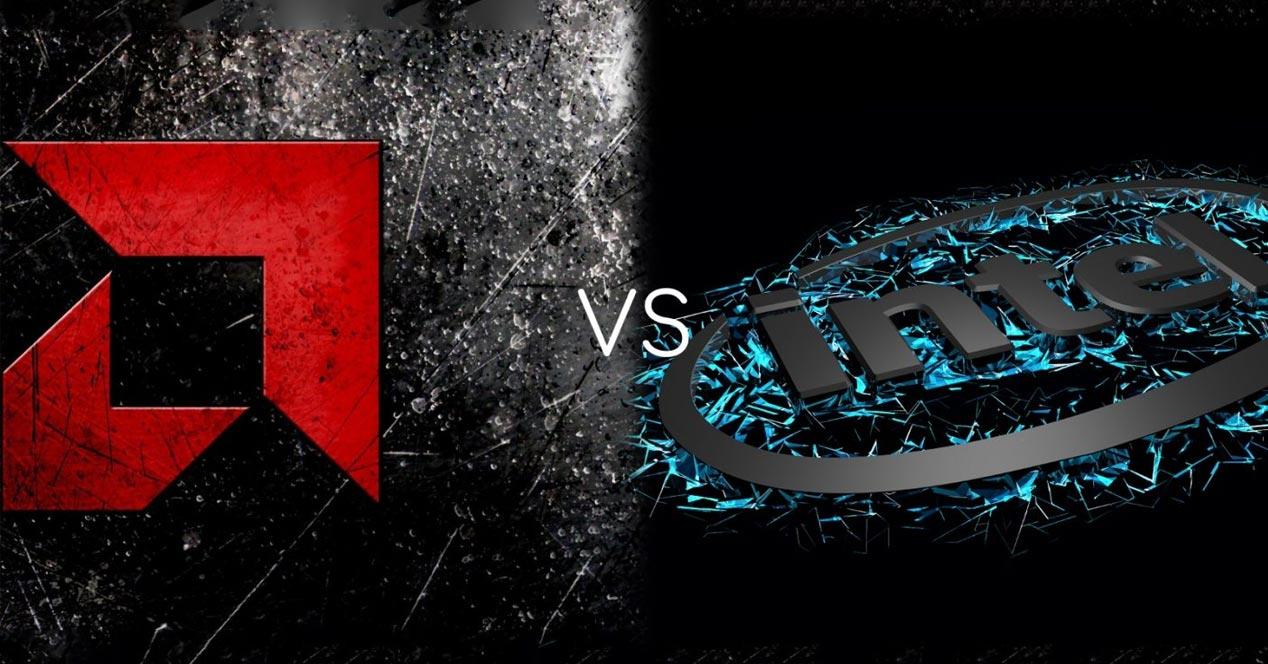According to Mindildory data, 8,065 processors sold last week, a week in which AMD added 7,285 processors sold while Intel sold 780. When we translate this to market sharing, AMD sold 90.33% of the surveyors, while Intel only 9.67%, or equivalent, of all ten processors sold, nine from AMD.
AMD still Does Not Allow Intel Respiration For CPU Sales
This is a sales report published by Mindildory this week:
| Processor | Units sold |
|---|---|
| AMD Ryzen 5 3600 | 2490 |
| AMD Ryzen 7 3700X | 1060 |
| AMD Ryzen 5 2600 | 900 |
| AMD Ryzen 5 3600X | 600 |
| AMD Ryzen 9 3900X | 520 |
| AMD Ryzen 5 3200G | 490 |
| AMD Ryzen 7 3800X | 310 |
| AMD Ryzen 7 2700X | 310 |
| Intel Core i7-9700K | 200 |
| AMD Ryzen 5 1600 | 190 |
| Intel Core i5-9600K | 130 |
| AMD Ryzen 5 3400G | 120 |
| Intel Core i9-9900K | 90 |
| Intel Core i5-9600KF | 60 |
| Intel Core i5-9400 | 50 |
| AMD Ryzen 5 1600 | 50 |
| AMD Ryzen 9 3950X | 50 |
| Intel Core i3-9100F | 50 |
| Intel Core i9-9900K | 40 |
| Intel Core i7-9700 | 40 |
| Intel Core i5-9400F | 40 |
| AMD Athlon 3000G | 40 |
| Intel Core i3-8100 | 30 |
| AMD Athlon 200GE | 30 |
| AMD Ryzen 5 2600X | 30 |
*Note: some models that were previously marketed are not available; all those processors who sold less than 10 units were left to make the table too long.
We will see some details from this table that, remember, represent a major German retailer and are regarded as a reference at the European level, but not worldwide. In any case, it is necessary to highlight data such as calculating only i Ryzen 5 3600, AMD has sold more than three times the combined total of all Intel processors, or Intel has only one processor at "top 10" sales.

Another interesting fact is that while Intel currently only sells ninth-generation processors, AMD continues to sell the first-generation Ryzen, although it is true that the best sellers are the Ryzen 3000.
Did the price create Intel?
In recent times, it should be noted that Intel is introducing better processors than before, now that they are about to introduce the new generation of Comet Lake-S, prices for current generations have been slightly reduced.
Maybe it's the reasons why this week Intel sold more than in the past weeks, especially that Core i7-9700K that it has increased a few numbers depending on sales volume, but that it nevertheless hasn't served to get the company out of the hole that seems hard to get out of, at least as long as they maintain their pricing policy.

Let's be completely honest: AMD currently offers better processors than Intel in terms of power, efficiency and especially at bargain prices, though it should also be noted that the processor prices High AMD in the end and they are not sold directly. In addition, AMD is a "favorite" type because it has always been considered a "second-best" option, because Intel has traditionally been the one with the handle of the handle.
Things have changed: Intel looks like it's resting on its sales but has maintained its pricing policy while AMD has been eating it up a bit, until it ceases to be slow and currently looks like they're dominating the market with a metallic hand.
So what price has Intel lost? Or was it the fact of not providing significant improvements in previous generations? A combination of everything? We want to know the opinion of the students.








